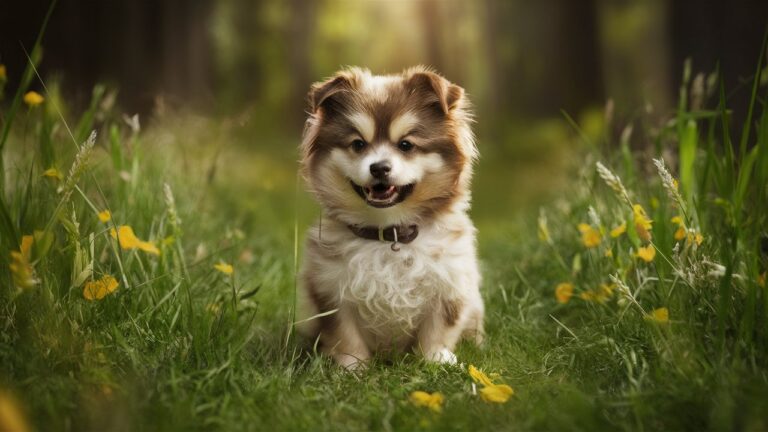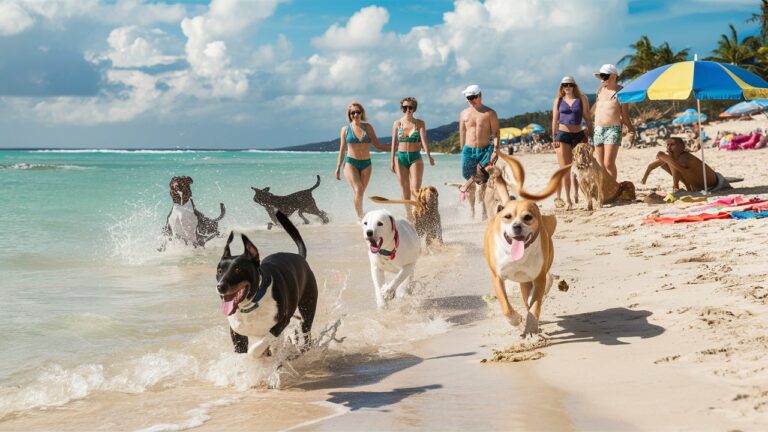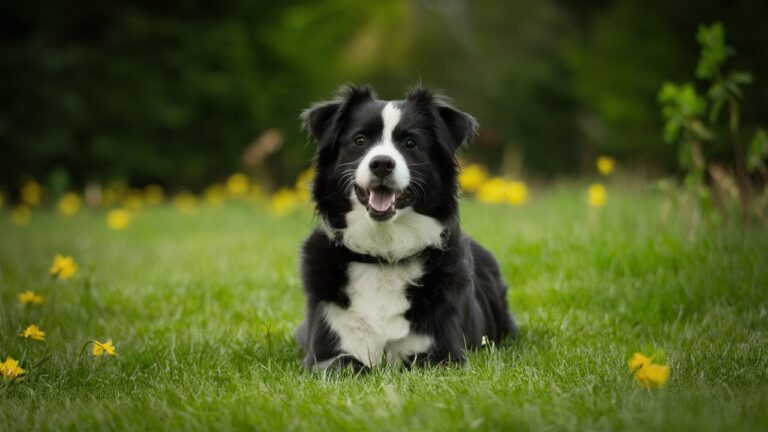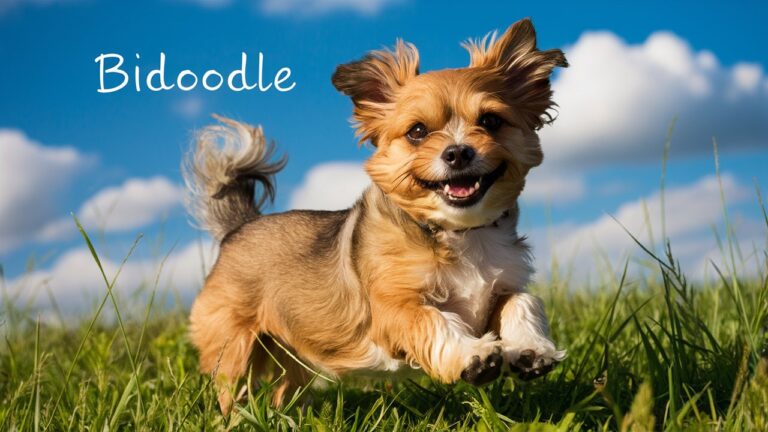The Ultimate 7-Step Guide to Portuguese Water Dogs: History, Traits, Care
When you think about Portuguese Water Dogs (PWDs), it’s hard not to picture their characteristic curly coat and vibrant energy. These dogs, often fondly referred to as “Porties,” have an intriguing history and a set of traits that make them unique among dog breeds. In this article, we’ll dive into the rich history, distinct characteristics, and essential care tips for Portuguese Water Dogs. Along the way, I’ll share personal anecdotes and stories to make this guide as engaging as it is informative.
A Brief History of the Portuguese Water Dog
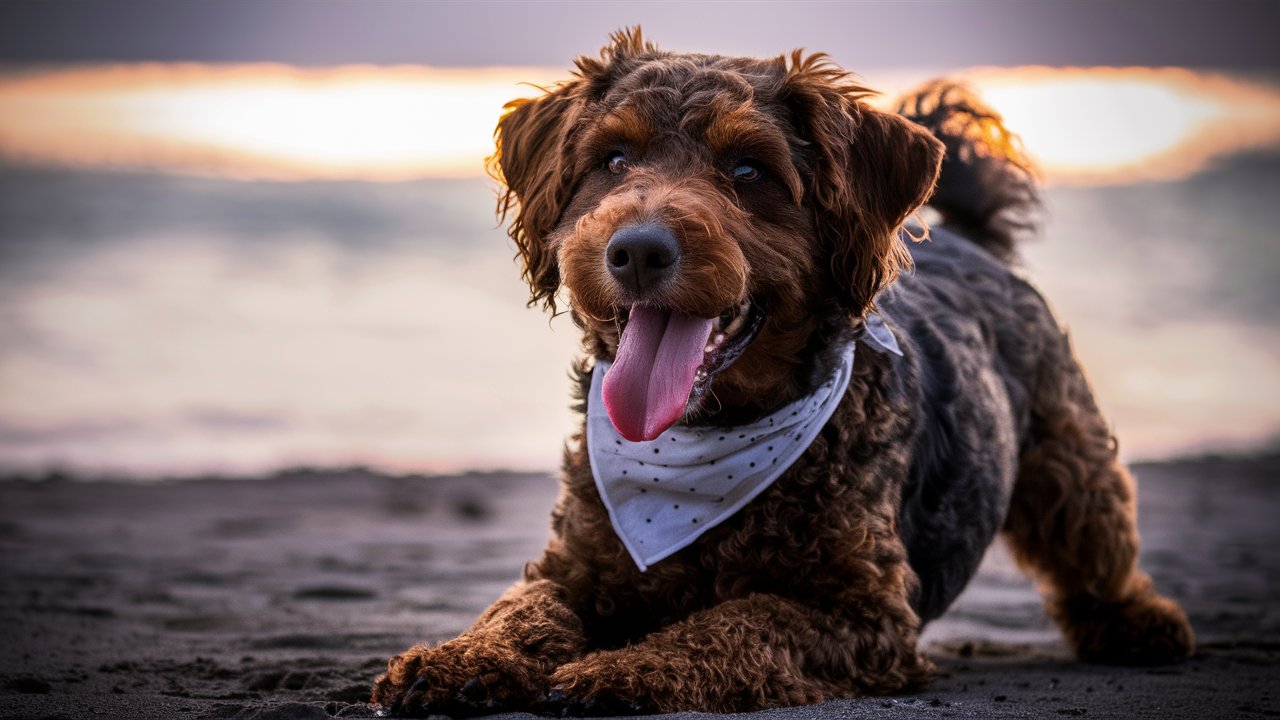
The origins of the Portuguese Water Dog can be traced back to the Algarve region of Portugal. These dogs were originally bred to assist fishermen with various tasks, such as herding fish into nets, retrieving lost tackle or broken nets, and acting as couriers from ship to shore. Their swimming prowess and work ethic made them indispensable to Portuguese fishermen.
One of the most notable periods in the history of PWDs was in the 1930s, when Vasco Bensaude, a wealthy Portuguese shipping magnate and dog lover, took an interest in preserving the breed. He began a breeding program that helped save the Portuguese Water Dog from near extinction. His efforts laid the foundation for the breed standard that we know today.
Characteristics of Portuguese Water Dogs
Physical Traits
Portuguese Water Dogs are medium-sized dogs, typically weighing between 35 to 60 pounds and standing 17 to 23 inches tall. They have a robust and muscular build, with a distinctive curly or wavy coat that is hypoallergenic, making them a good choice for people with allergies. Their coat can be black, white, brown, or a combination of these colors.
One of the most charming features of PWDs is their expressive face, with dark eyes that radiate intelligence and curiosity. Their ears are set high and fall close to their head, adding to their alert and friendly appearance.
Temperament and Personality
Portuguese Water Dogs are known for their spirited and affectionate nature. They are highly intelligent and eager to please, making them relatively easy to train. This intelligence also means they require mental stimulation to prevent boredom, which can lead to destructive behavior.
These dogs are incredibly loyal and thrive on human interaction. They are excellent family pets and get along well with children and other animals. However, their energetic nature means they need plenty of exercise and playtime.
Personal Anecdote
I remember when I first brought home my Portuguese Water Dog, Max. His boundless energy was immediately evident as he darted around the yard, exploring every nook and cranny. One of my fondest memories is of him jumping into the pool for the first time. Despite never having swum before, he took to the water like a natural, his webbed feet propelling him effortlessly. Watching him, I understood why these dogs were such valuable companions to fishermen.
Caring for a Portuguese Water Dog
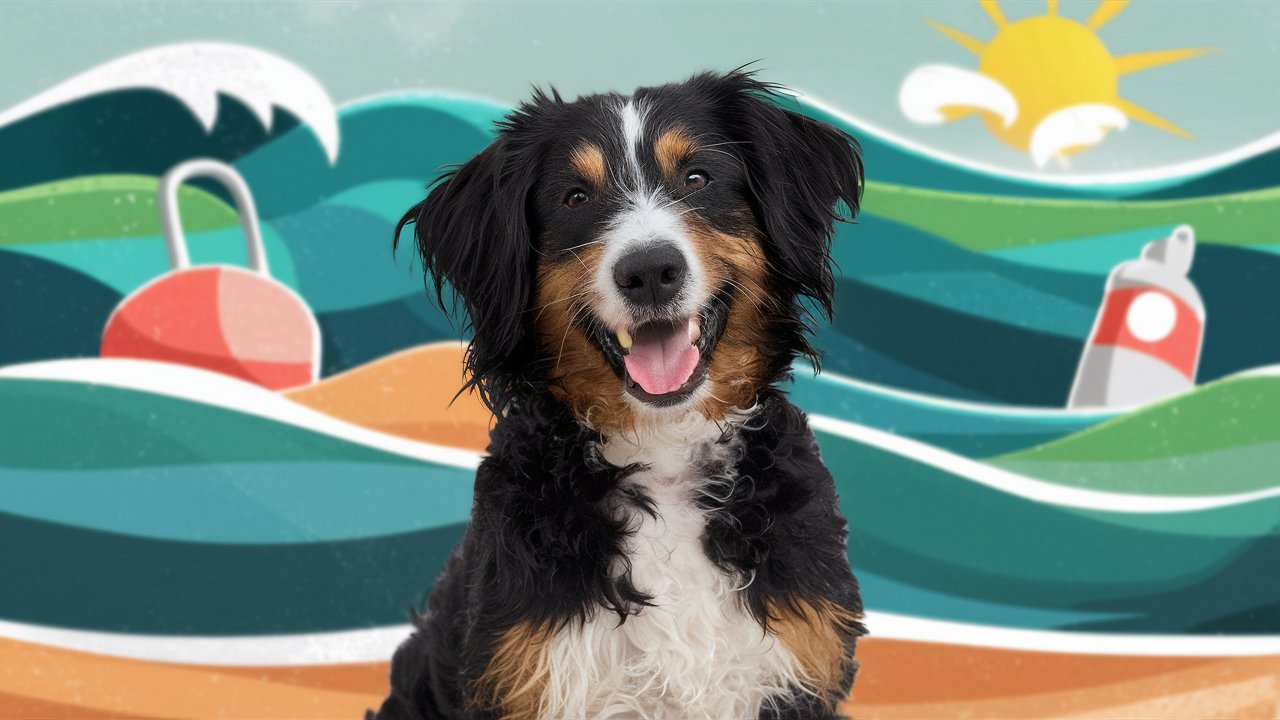
Grooming Needs
The hypoallergenic coat of a Portuguese Water Dog requires regular grooming to keep it in good condition. Their curly fur can become matted if not brushed frequently, so it’s essential to establish a grooming routine early on. Aim to brush your PWD at least two to three times a week and consider professional grooming every six to eight weeks to maintain their coat.
Bathing should be done as needed, but not too frequently, as over-bathing can strip the natural oils from their skin and coat. Always use a dog-specific shampoo to ensure their coat remains healthy and shiny.
Exercise Requirements
Portuguese Water Dogs are high-energy dogs that need ample physical activity to stay happy and healthy. Daily walks, play sessions, and opportunities to swim are excellent ways to keep them engaged. They excel in dog sports such as agility, obedience, and water work, which can also provide the mental stimulation they need.
Personal Story
Max’s favorite activity is our daily morning jog. He starts each day eagerly waiting by the door, leash in mouth, ready to hit the trail. On weekends, we often drive to the local lake where he can indulge in his love for swimming. Watching him dive into the water, I’m reminded of the breed’s heritage and the important roles they played in their fishing communities.
Training and Socialization
Training a Portuguese Water Dog can be a rewarding experience due to their intelligence and eagerness to learn. Positive reinforcement techniques work best, as PWDs respond well to praise and rewards. Early socialization is crucial to ensure they develop into well-rounded dogs. Exposing them to various environments, people, and other animals will help them become more adaptable and less prone to anxiety or aggression.
Health Considerations
Portuguese Water Dogs are generally healthy, but like all breeds, they can be prone to certain health conditions. Some of the common health issues include hip dysplasia, progressive retinal atrophy (PRA), and Addison’s disease. Regular veterinary check-ups, a balanced diet, and maintaining a healthy weight are essential to prevent and manage these conditions.
It’s also important to choose a reputable breeder who tests their breeding dogs for common genetic disorders. This can significantly reduce the risk of hereditary health problems.
The Joy of Owning a Portuguese Water Dog
Owning a Portuguese Water Dog is a delightful and fulfilling experience. Their boundless energy, intelligence, and affectionate nature make them wonderful companions. Whether you’re looking for a family pet, a working dog, or a loyal friend, a PWD can fit the bill perfectly.
Personal Reflection
Reflecting on my journey with Max, I can’t imagine life without him. From his playful antics to his unwavering loyalty, he has brought immense joy to our family. His presence has encouraged us to be more active and to appreciate the simple pleasures of outdoor activities. Max’s enthusiasm is contagious, and his love is unconditional, qualities that truly embody the spirit of the Portuguese Water Dog.
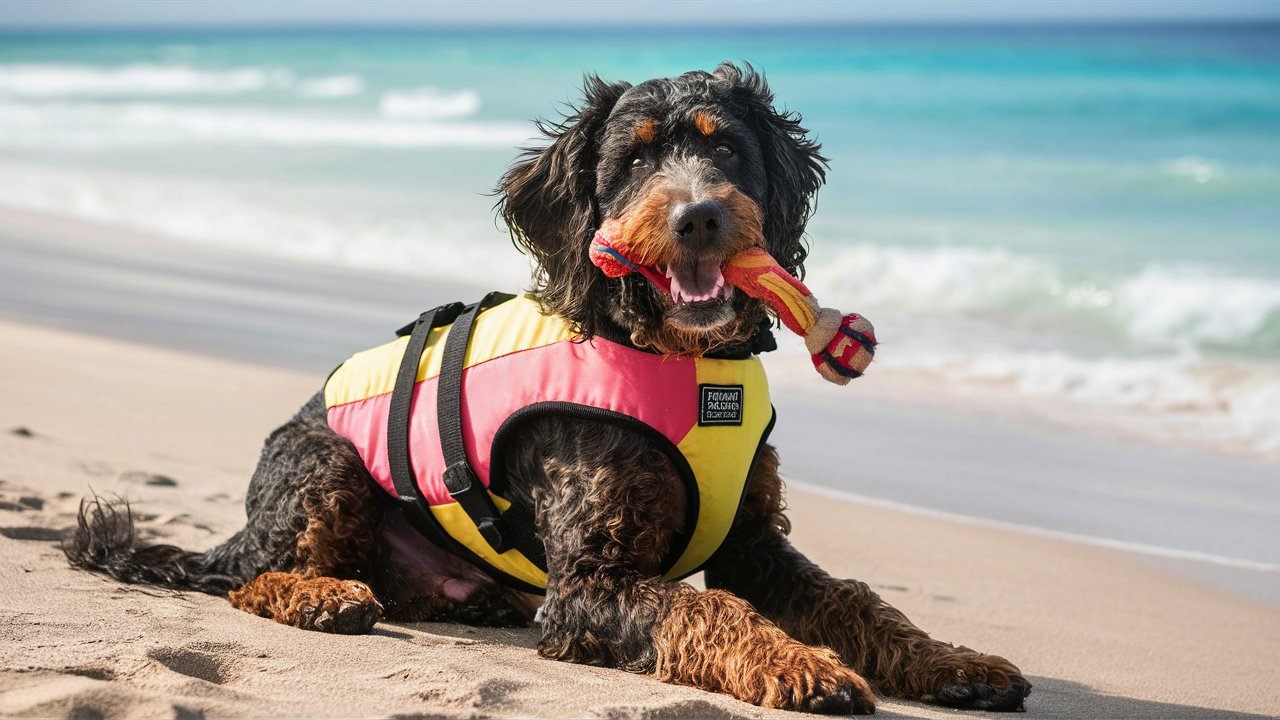
Conclusion
Portuguese Water Dogs are a remarkable breed with a rich history and a set of traits that make them stand out. Their intelligence, energy, and affectionate nature require a committed owner who can provide the necessary care, training, and exercise. With the right environment, a Portuguese Water Dog can be a fantastic addition to any family, bringing joy and companionship for many years.
Whether you’re considering adding a Portuguese Water Dog to your family or simply want to learn more about this fascinating breed, I hope this guide has provided valuable insights. Remember, every dog is unique, and getting to know your PWD will be a rewarding journey filled with love and adventure.
